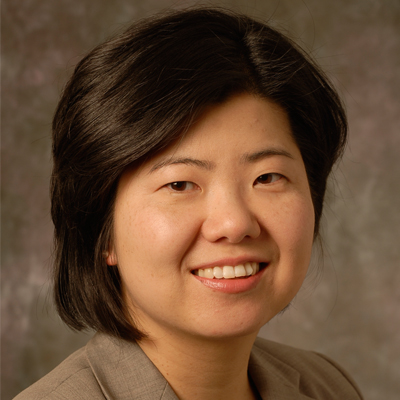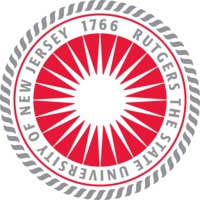Beneficial strategies for all, as well as different strategies for different individuals, can be discovered using robust and efficient approaches
Alcohol is the third leading cause of preventable morbidity and mortality in the United States affecting not only those who drink alcohol but others who do not. In addition, it disproportionately affects young populations. Reflecting this wide range of impact, the economic costs of alcohol use have been estimated to exceed $200 billion per year. Dr. Mun, Associate Professor at the Center of Alcohol Studies at Rutgers University, hopes to avoid alcohol-related harm and prevent dependence among those at risk for alcohol problems, thereby saving lives and creating a healthier society. Although her research is constantly evolving, she and her team are now at a crossroads to test some of the exciting new methodologies that are well suited for large-scale intervention data from multiple sources. Therefore, within three years, Dr. Mun expects to shed light upon the comparative effectiveness of some of the most common intervention techniques for substance use counselors.
Specifically, Dr. Mun’s research is aimed at reducing alcohol-related harm among college students. While large-scale multi-site intervention studies are hard to accomplish, and are in fact quite rare in the field of college alcohol intervention, she and her team are conducting the largest and most ambitious study thus far of combining all available evidence in the field. She and her team have combined data from different sources using the state-of-the-art computing techniques. In collaboration with the experts from many different disciplines housed within her team, Dr. Mun has also contributed to the development of new computing methodologies, which can then be used to innovatively examine intervention strategies. Crossing the boundaries of traditional research, she works to solve problems that will reduce short- and long-term harm from college-age drinking.
Current research includes:
-
Motivational Interviewing (MI): MI is a therapeutic technique often used during brief interventions for substance use. While highly regarded among clinicians, there are still questions regarding its efficacy and mechanisms. Dr. Mun is working to understand why there are different conclusions about the efficacy of MI interventions for young adults; and how they are helpful specifically for whom in what settings.
-
College student drinking: Dr. Mun takes a mechanistic approach to examining intervention strategies. This approach is critical in order to improve intervention strategies that can be tailored for different individuals.

Bio
When asked why she continues to conduct her current research, Dr. Mun explains, “there are many ways to contribute to society.” By participating in health-related research, “I can train the next generation of highly capable individuals while impacting those in need of health services.” Her long-standing interest was influenced by her youth. Growing up in Korea, a country that experienced a war, internal political conflicts, and rapid industrialization in recent decades, alcohol is heavily consumed at much higher rates in Korea than in the United States. At an early age, she knew she wanted to limit harm from alcohol use. In addition, alcohol misuse is highly comorbid with other dysregulatory symptoms and disorders. Therefore, it is critical that we understand how to reduce alcohol misuse.
Dr. Mun is a developmental psychologist by training and worked as a graduate research assistant for one of the well-known longitudinal family study projects. This longitudinal family study followed up three to five year old offsprings of alcoholic men and nonalcoholic men residing typically in low income neighborhoods. This project was based on the premise that the risk for alcohol use disorders starts much earlier in life, and that it is important to investigate developmentally how early risk factors consolidate into proximal risk factors for alcohol misuse. Dr. Mun spent countless hours working on this project, including canvassing the neighborhoods of participating families to recruit new control families. This influential, ongoing longitudinal project is a primarily etiological observational study without active interventions. Her current intervention-focused investigations rejuvenated her passion for research and analysis. She is very pleased to develop new computational methodologies and to use them for new answers directed to behavior change. Dr. Mun specializes in conducting large-scale analysis that cuts across different levels of systems that is geared toward understanding mechanisms of behavior change. With a holistic and rigorous approach to collecting and analyzing large data sets, she and her team are able to study individual differences about why people make decisions at critical junctions that play a role in substance dependency and substance use behaviors.
Dr. Mun joined the Rutgers faculty in 2006 after four years at the University of Alabama at Birmingham. She holds a joint appointment in the Department of Clinical Psychology, Graduate School of Applied and Professional Psychology, and is a Graduate Faculty member in the Department of Psychology, School of Arts and Sciences.
Aside from research, in her free time, Dr. Mun loves to hang out with animals. At the moment, she is happy to be greeted by her cats after a long day in the lab.
Website: http://www.rci.rutgers.edu/~eymun/


